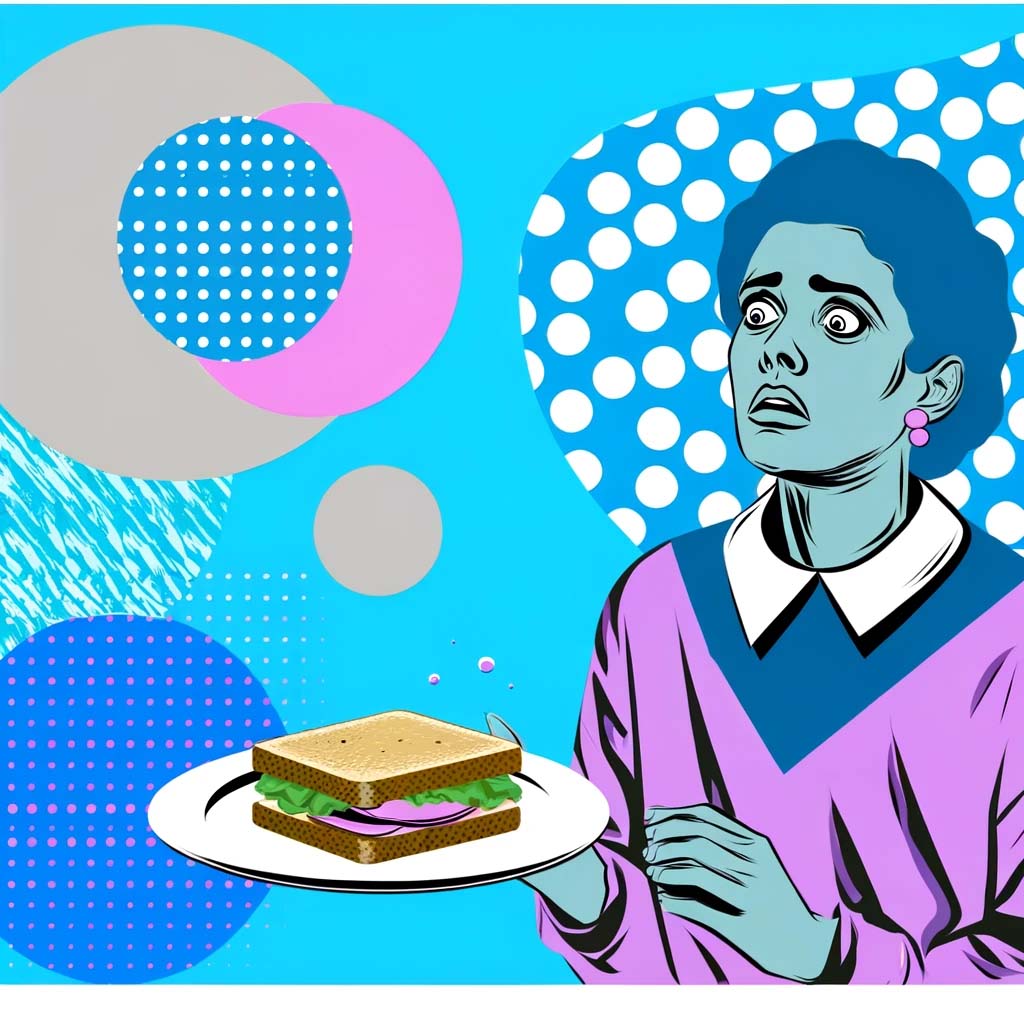Emetophobia is a serious and debilitating anxiety disorder characterized by an intense, irrational fear of vomiting – whether it’s oneself becoming sick, witnessing someone else throw up, or even just the thought of it. This phobia goes far beyond simple nervousness or a dislike of getting sick. It controls daily lives, dictating what people can eat, where they can go, and the activities they participate in.
While loved ones might witness this extreme anxiety and want to help, sometimes the words they use to be reassuring are unintentionally harmful. This blog post aims to shed light on what not to say to a person struggling with emetophobia and provide some more helpful alternatives.
Phrases to Avoid
- “It’s just anxiety. You need to calm down.” Telling someone with a phobia to “calm down” is minimizing their experience. Phobias are not based on rational fears, making that kind of logic ineffective. It can even increase the person’s shame and sense of isolation.
- “Everyone gets nervous sometimes; you’ll be okay.” Yes, everyone experiences anxiety, but emetophobia is far more intense. Trying to equate normal nervousness to the debilitating fear of a phobic response is dismissive. It suggests their experience isn’t valid.
- “Think positive. It’s probably nothing.” Positive thinking isn’t a magic solution for phobias. In fact, trying to force positive thoughts while someone is in the grips of a panic attack often backfires, increasing their sense of failure for not being able to simply “think their way out” of it.
- “Have you tried just not thinking about it?” The very nature of a phobia means the thing a person most wants to get off their mind is the thing they can’t stop obsessing about. Suggesting they “just stop” fuels feelings of frustration and self-blame.
- “Stop worrying so much. You’re making yourself sick!” The irony of this statement is cruel. It further reinforces the emetophobic person’s fear that their anxiety is somehow making the thing they dread most more likely to happen. It adds an unnecessary layer of guilt to their burden.
What to Say Instead
So, if these familiar phrases aren’t helpful, what should you say to someone grappling with the crushing fear of emetophobia?
- “I’m here for you.” Sometimes, just your presence is enough. Let them know you’re there to listen, to be a shoulder to cry on, and that you won’t judge their experience.
- “Do you want to talk about it?” Let the person steer the conversation. They may want to vent their fears or distract themselves with unrelated topics. Respect their choice.
- “How can I support you right now?” Offer practical help. Maybe it’s fetching them water, grabbing something from their anxiety toolkit, or handling a simple task that feels overwhelming in the moment.
- “I’m trying to understand better.” Validate their experience by expressing an interest in learning more about emetophobia. Ask questions (respectfully) or suggest resources where you can educate yourself.
- “I believe you.” Let them know that you believe their fear is real, even if you don’t personally share it. Simple validation can be incredibly powerful.
Additional Tips
- Avoid Horror Movies and Graphic Descriptions: Steer clear of films or conversations focused on vomiting or illness. Even a lighthearted mention could trigger distress.
- Respect Boundaries: Don’t pry or push someone beyond their comfort zone. Exposure therapy should be undertaken only with professional guidance.
- Be Patient: Recovering from a phobia takes time. Celebrate small victories, and don’t be discouraged by setbacks.
Remember: Emetophobia is a genuine mental health disorder, not a choice or a personality quirk. Your words carry weight. By avoiding dismissive phrases and choosing empathy instead, you can make a world of difference to someone struggling with this very real phobia.
Disclaimer: This article is for informational purposes and should not replace professional guidance.





0 Comments